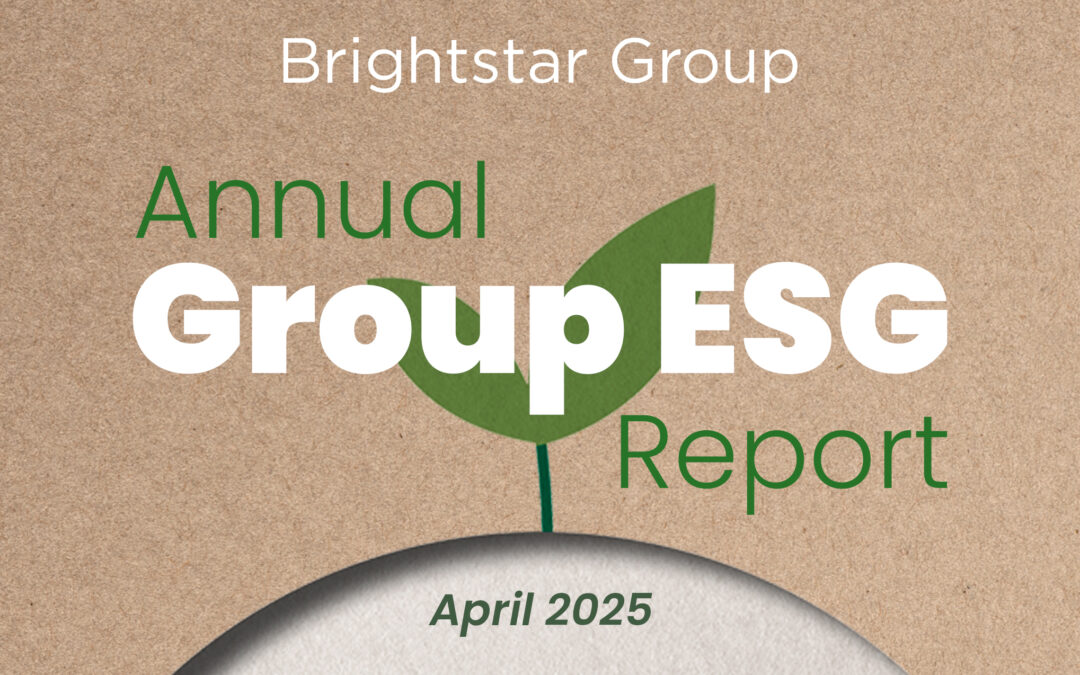Stewart Simpson, Second Charge Mortgage Specialist
The latest Bank of England Base Rate increase was more or less inevitable as the global situation continues to add fuel to rampant inflation. After many months of a Bank Base Rate sitting just above zero, rates are certainly on the rise, and nobody knows for sure how high they will go. These increases may have little immediate impact on mortgage payments for the vast majority of customers who are on fixed rates, but any rise will increase the cost of servicing unsecured debt and revolving credit – and this always encourages people to look at ways of managing their outgoings.
On top of these rising rates, people are also having to tackle the challenge of higher prices in the shops, and energy costs are on an upward trajectory, significantly eating away at the monthly income of anyone who heats their home or uses electricity. Ofgem has said that the energy price cap, which increases from 1 April for approximately 22 million customers, will mean that those on default tariffs paying by direct debit will see an increase of £693 from £1,277 to £1,971 per year.
This rising cost of living means that people are going to have a challenging year this year. In fact, a recent statistic published by Pepper Money as part of its Adverse Credit Report found that 81% of people with adverse credit say a £100 increase in their bills would significantly impact their finances.
One way of helping to manage monthly outgoings is by paying off unsecured debt and revolving credit by increasing secured borrowing, either through a remortgage, further advance, or second charge mortgage. There are obviously considerations in converting unsecured debt to secured debt and potentially increasing the term over which the debt is repaid, and debt consolidation aren’t for everyone, but in the right circumstances, it can provide a vital lifeline for borrowers, giving them greater control over their monthly finances.
The most suitable method of secured borrowing that is used to consolidate debts also depends on the individual customer. For those who are approaching the end of their current deal, a remortgage may be more appropriate. For those who are currently in the middle of a fixed-rate mortgage, and those who want greater control over the term in which they repay the debt, a second charge mortgage can provide the more suitable solution.
One question we are frequently asked by brokers who are considering this route for their clients is whether a second charge mortgage will make it harder for their clients to remortgage in the future. In fact, the opposite is true. Mortgage affordability is based on monthly outgoings, so reducing the amount spent on servicing credit, reduces those outgoings.
In addition, a second charge mortgage is a known quantity. Customers with open accounts on revolving credit have the potential to significantly increase their borrowing in the future without the need to apply for further credit. So, by paying off these accounts, and then closing them, borrowers can put themselves in a stronger position to secure the right remortgage for their circumstances.
Restructuring revolving credit in this way not only provides a route to lowering monthly outgoings but it can also give borrowers a realistic journey to becoming debt free, helping them to break the cycle and pay down the balance.
We are seeing a lot of demand for second charge mortgages for debt consolidation at the moment. In a rising rate environment now is the time to take action as rates are as cheap as they are going to be for the foreseeable future. The second charge market is also currently very competitive. Some lenders have better products now than they did at the start of the pandemic and there are some really good deals available. And there’s product innovation in other ways, with lenders expanding the way they use AVMs and improving the options in areas like interest only.
The rising cost of living is bringing debt consolidation to the forefront of your client’s minds and if you want to be able to offer them the best options for their circumstances you need to be able to access the expertise, experience, and relationships of a specialist in the second charge mortgage market. That’s when it helps to pick up the phone to Brightstar Financial.






